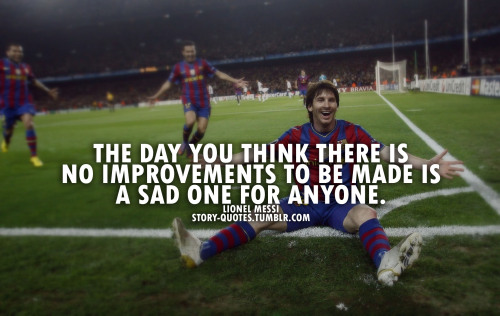Secrets of Asian Sport Psychology
Edited by: Peter C. Terry, Zhang Li-Wei, Kim YoungHo,
Tony Morris, and Stephanie Hanrahan
Free download at http://peterterry.wix.com/books

Secrets of Asian Sport Psychology includes more than 20 accounts of how many of the world’s best athletes have used sport psychology techniques to achieve their success. The book links countries in the Asian-South Pacific region to the sports at which they excel. Learn about the sport psychology secrets of Archery in Korea, Gymnastics in China, Boxing in the Philippines, Golf in Taiwan, Triathlon in Australia, Rugby in New Zealand, Judo in Japan, Wrestling in Iran, Shooting in India, and much much more.
Written by experienced applied practitioners working at the front line of elite sport, Secrets of Asian Sport Psychology provides a series of authentic accounts of the psychology underpinning the success of Olympic and World champions.
Sponsored by the Asian-South Pacific Association of Sport Psychology and the University of Southern Queensland, Secrets of Asian Sport Psychology is the very first text on the subject of applied sport psychology to be published under a creative commons licence.
Peter Terry and I, we are the authors of the chapter entitled Shooting in India, dedicated at our experiences with the top Indian shooters.
“Secrets of Asian Sport Psychology are now out in the open! Congratulations on producing the very first Creative Commons licensed book on the subject.”
Emeritus Professor Jim Taylor AM, Honorary Fellow of the Commonwealth of Learning
“Secrets of Asian Sport Psychology is a must read for anyone interested in the psychology of sport.”
Dr. Gangyan Si, President of the International Society of Sport Psychology









